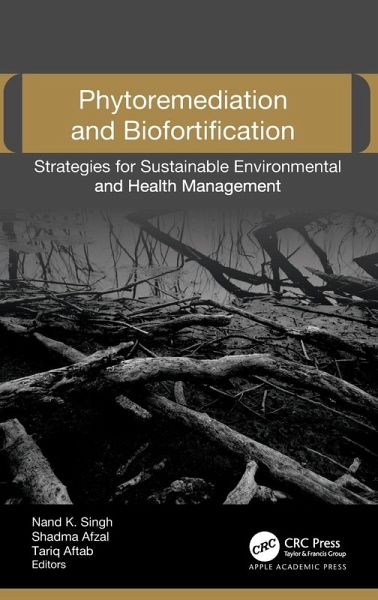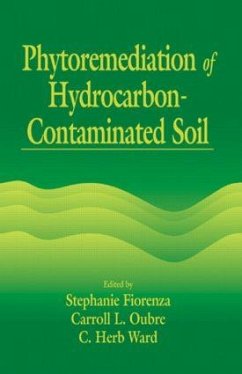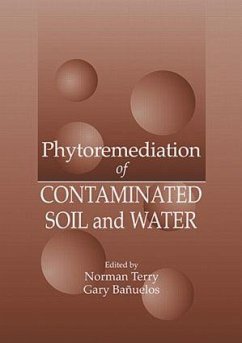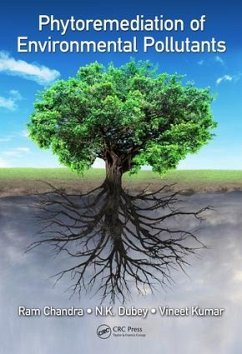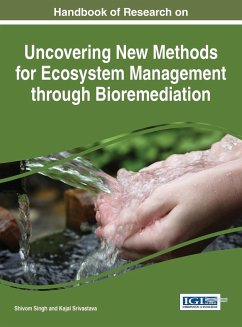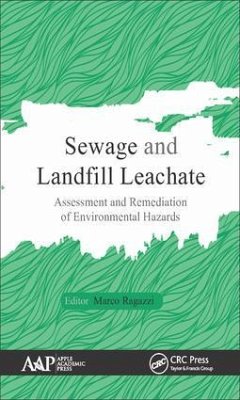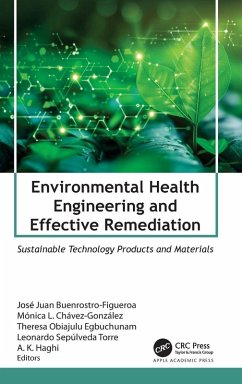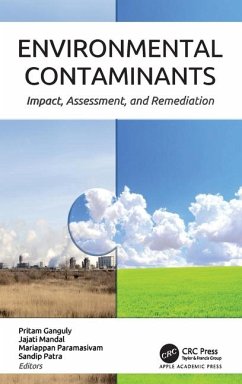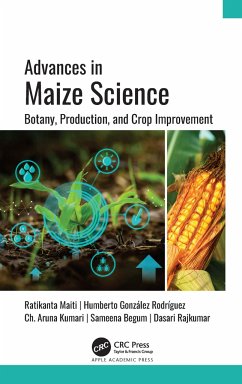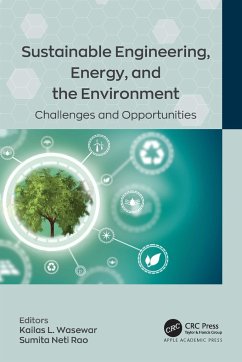Nand K. Singh, PhD, is Associate Professor in the Department of Biotechnology at the Motilal Nehru National Institute of Technology Allahabad, Prayagraj, Uttar Pradesh, India. Dr. Singh has more than 14 years of teaching and research experience in genetics, genetic engineering, plant biotechnology, genomics and proteomics, molecular biology, recombinant DNA technology, metabolic engineering, and bioinformatics. He is the recipient of several fellowships at both national and international levels. Currently, he is involved with a number of national research projects with different government organizations. To date, Dr. Singh has authored two books with national and international publishers. He has supervised 8 doctorate, 20 M.Tech. and 40 B.Tech. students as a mentor. He also has to his credit more than 60 research publications in peer-reviewed international journals and 20 book chapters in edited volumes with international publishers. Dr. Singh completed his doctorate in Biotechnology at the Indian Institute of Technology Roorkee, India. Shadma Afzal, M.Sc., is a research scholar at the Motilal Nehru National Institute of Technology, Allahabad, Prayagraj, India. Miss. Afzal received her postgraduate degree in Botany from the University of Allahabad, Prayagraj, India. She is an awardee of the CSIR-NET (2017 and 2018) in Life Science, UGC-NET (2017) in Environmental Science, and GATE in Life Science (2019). Her research interests include nanotechnology, plant biotechnology, physiology, and molecular biology. She has published more than 20 articles in international journals as well as 10 chapters in books. Findings of her research works have been published in the Journal of Materials Science, Planta, Journal of Biotechnology, Environmental Science and Pollution Research, Plants, Journal of Plant Growth Regulation, Biotechnology Letters, and Journal of Genetics.She is also member of various societies. Tariq Aftab, PhD, is currently an Assistant Professor in the Department of Botany at Aligarh Muslim University, India, where he earned his PhD. He is a recipient of a prestigious Leibniz-DAAD fellowship from Germany, a Raman Fellowship from the Government of India and a Young Scientist Award from the State Government of Uttar Pradesh (India) and Government of India. After completing his doctorate, he worked as a Research Fellow at the National Bureau of Plant Genetic Resources, New Delhi, and as Postdoctorate Fellow at Jamia Hamdard, New Delhi, India. Dr. Aftab was also a Visiting Scientist at the Leibniz Institute of Plant Genetics and Crop Plant Research (IPK), Gatersleben, Germany, and in the Department of Plant Biology, Michigan State University, USA. He is a member of various scientific associations in India and abroad. He has edited over 11 books with international publishers, including Elsevier, Springer Nature, and CRC Press/Taylor & Francis Group; co-authored several book chapters; and written over 60 research papers in peer-reviewed international journals. His research interests include physiological, proteomic, and molecular studies on medicinal and aromatic plants.
